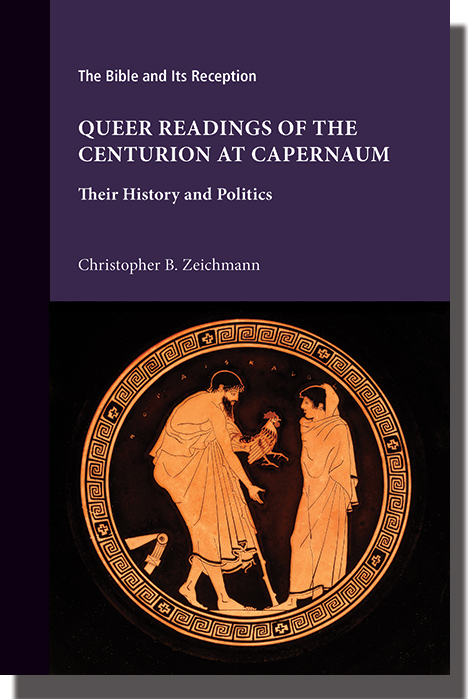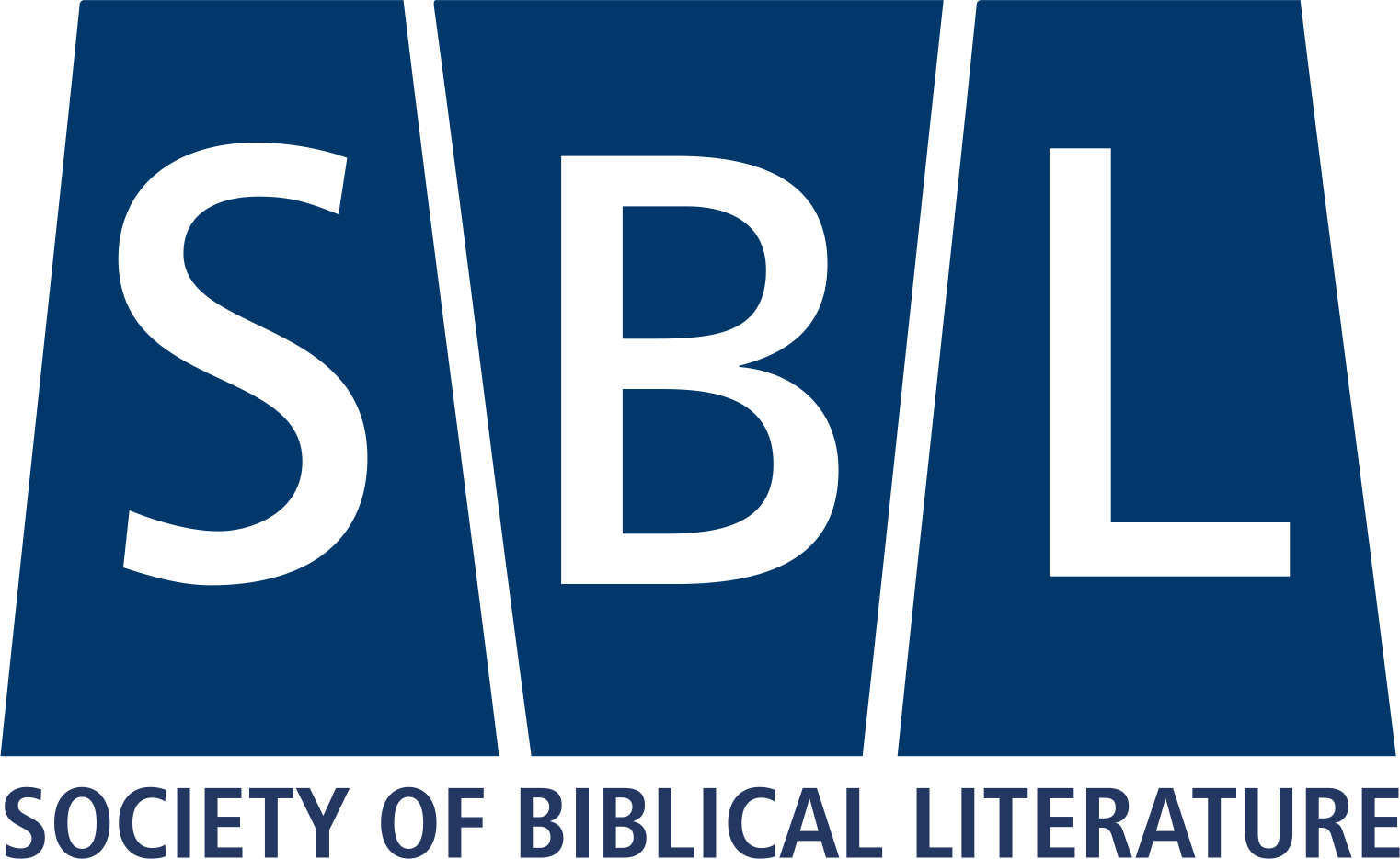
$50.00
The first-ever monograph on the history of queer biblical interpretation of this controversial biblical passage
Since the 1950s, homoerotic readings of the pericope in which Jesus heals a Roman centurion’s slave have been built upon three of the account’s features: the specific Greek word pais, which can refer to youth, slave, or the junior partner in a sexual relationship between two men; Luke’s characterization of the young man as “dear” (entimos) to the centurion; and commonplace homoeroticism in the Roman army. Rather than affirming or denying the historical reality of a sexual relationship between the centurion and the young man, Christopher B. Zeichmann instead traces the shifting patterns of queer readings of the text and the influences of the sexual, political, and theological discourses of late twentieth- and early twenty-first-century Europe, the United States, and Australia. Readers will see how distinct political contexts have led interpreters to find very different meanings about the sexual subtexts of this story.
Christopher B. Zeichmann teaches in the departments of History and Religious Studies at Toronto Metropolitan University. He is the author of The Roman Army and the New Testament (2018) and The Database of Military Inscriptions and Papyri of Early Roman Palestine (2022). He is also the project manager of Brown University’s Inscriptions of Israel/Palestine project.
Download volume front matter, including table of contents and introduction.
Download a printable publication sheet that you can put in your files or give to your librarian or bookstore.
Request a review copy.
Praise for Queer Readings of the Centurion at Capernaum: Their History and Politics
Queer Readings of the Centurion at Capernaum brings a popular queer interpretation out of the scholarly shadows and magnifies its implications for queer hermeneutics, biblical studies, and contemporary politics. Zeichmann’s analysis offers a model and an imperative to explore other archives of queer shadow scholarship that certainly exists on myriad biblical texts.
—Jimmy Hoke, Review of Biblical Literature
Overall, this is a smart, sharp, and beautiful book, and a much-needed contribution to biblical reception history, queer biblical interpretation, and especially queer history.
—Rhiannon Graybill, Journal of History
Audelà de son importance pour les études bibliques et queers, le livre de Zeichmann apporte une contribution significative à notre compréhension de l’histoire de l’interprétation et de la manière dont les interprétations sont influencées par leur contexte culturel et historique.
—François Doyon, Laval théologique et philosophique
an important and timely contribution both to the study of Matt 8:5–13//Luke 7:1–10 and to the field of queer exegesis.
—Rebecca Runesson, Review of Biblical Literature
Zeichmann’s review of interpretations of the centurion and his pais is a master class in biblical reception scholarship, and his analysis of the biblical texts is informed and judicious. This book should be the first reference consulted by those interested in the possibility of interpreting the relationship of the centurion and his pais as homoerotic.
—Michael Kochenash, Religious Studies Review
